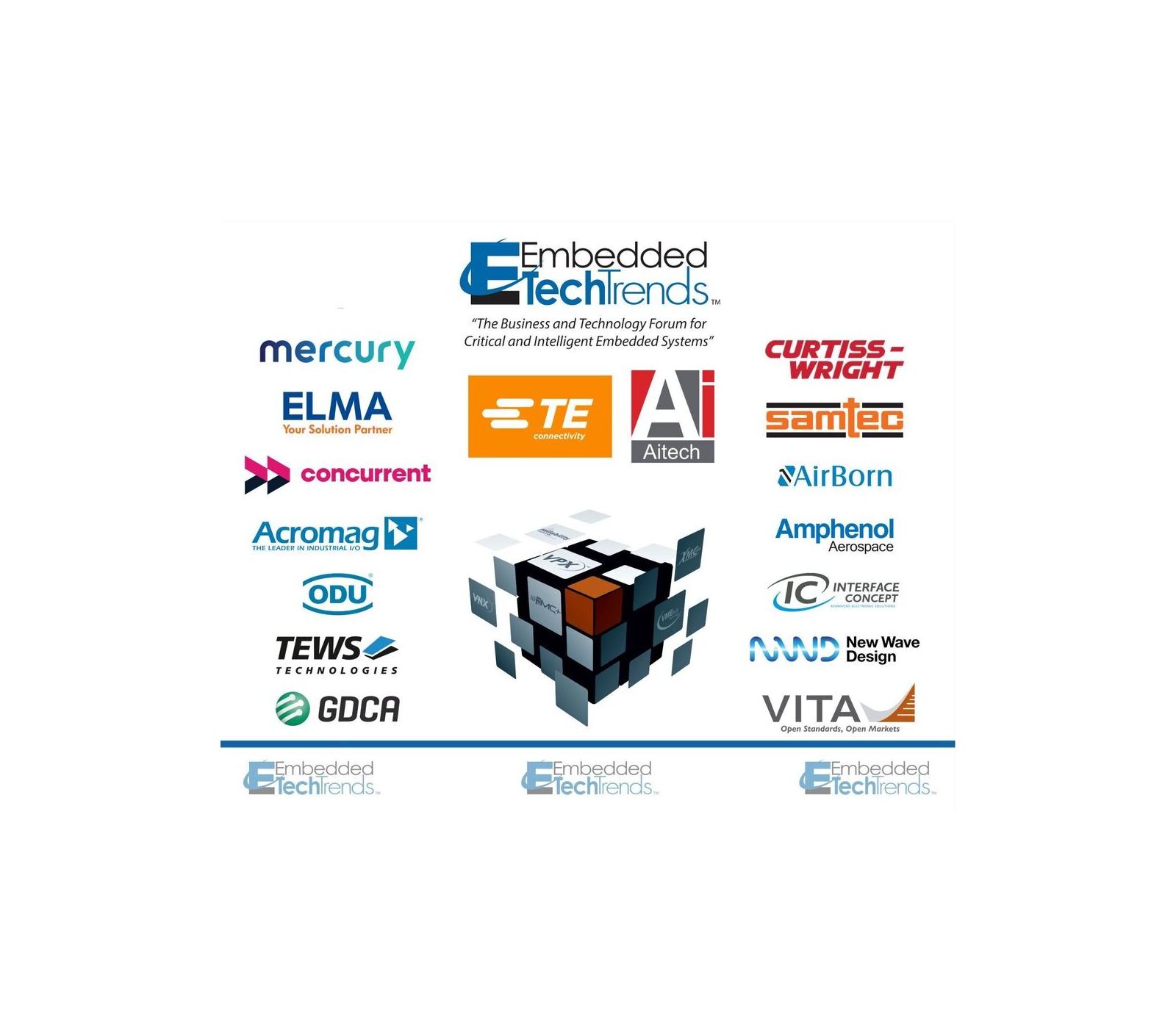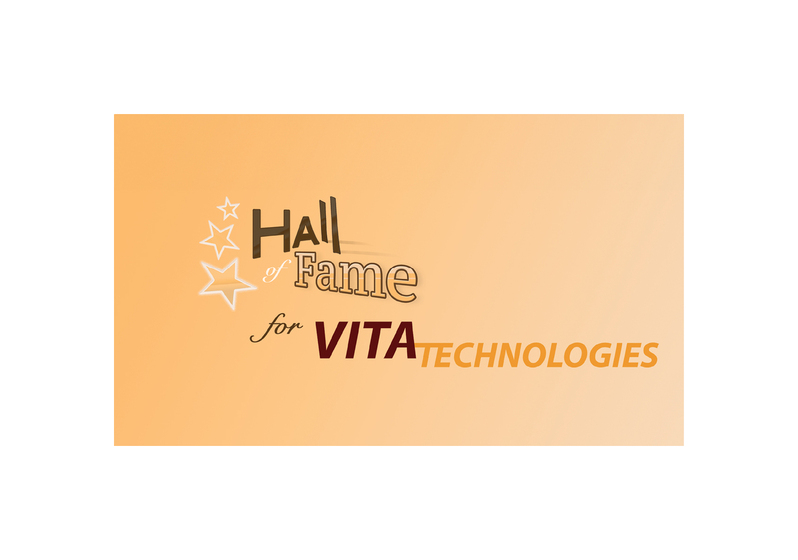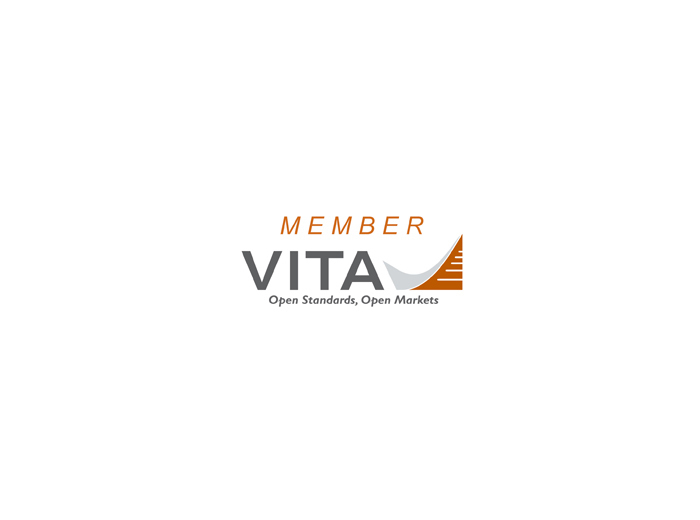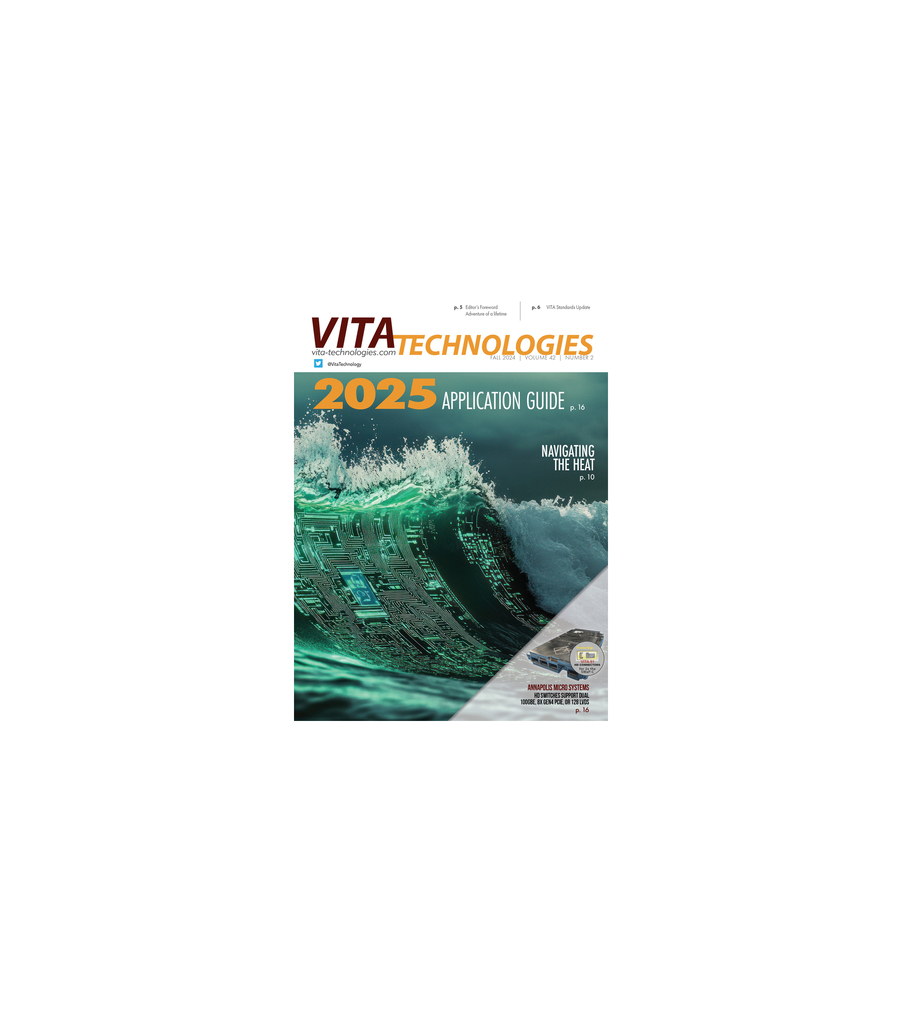I have been involved with VITA standards development and marketing activities since the mid-1980s. Never have I seen as much activity in new standards development in the VITA Standards Organization (VSO) as what is happening right now. We recently wrapped up the May VSO bimonthly review and working group meetings in Frederick, Maryland, hosted by DRS Technologies. The event was extremely well-attended with a full agenda for two days. Besides the current list of activities that are detailed in the VITA Standards Update article (see page 6), there were two proposals to consider for new standard development opportunities. VITA is also seeing a steady increase in new memberships, indicating the high level of activity.
The scope of new VITA standards efforts ranges from 6U form factors, such as VPX, to much smaller board form factors. One of the new proposals was a request to stand up a new study group to evaluate developing a standard for a board size that could be used in wearable devices. While many form factors for wearables do exist today, they lack in several key parameters. The VITA community adds the unique ability to address needs for systems that need to function in tough environments at a very high performance level.
A second proposal was to define additional capabilities for the popular FMC standard to make it more suitable for today’s complex systems by adding system-management interfaces that can help manage power, thermal load, and other factors in a system.
The development of VITA standards depends on subject-matter experts from companies in the industry who are willing to invest time in contributing their knowledge to the collaborative efforts. Standards development requires a blend of experience and innovation to ensure that the rules, recommendations, suggestions, permissions, and observations detailed in the documents can achieve the desired outcomes. The creators often have to sort through many application scenarios to select the best possible path to a solution. It takes a special combination of many skills beyond engineering to be a contributor to the effort.
Participants in standards organizations such as VITA develop camaraderie that makes such collaboration a special career experience; in a way it even becomes addictive. Engineers interested in expanding their skills and careers are encouraged to seek out standards-development opportunities. VITA encourages observers who might be interested in standards development to attend a few meetings, either virtually or in person, to get a feel for what it takes to become a contributor. There is no shortage of individuals willing to mentor anyone with an interest in participating in the process.
In this issue of VITA Technologies, you will find a summary of Embedded Tech Trends 2024, which was held in late January. Thought leaders in the embedded computing industry gathered to discuss technologies, trends, and products that are at the forefront of the industry.
Rock ‘n Gipp started on the Great Loop on December 15 from Perdido Key, Florida. As of this writing, we have progressed to Norfolk, Virginia, completing about one-third of the Great Loop. We look forward to finishing the East Coast and traversing the Great Lakes this summer, hopefully making it to Chicago by Labor Day. We have a plan but not a schedule; the weather, the boat, and the experience set the pace for us each day. Our plans rarely have much detail beyond two or three days into the future. A high priority for us has been reaching out to friends and family so that we can spend time with them as we pass through. It has been a great learning experience as we develop our boating and navigation skills. There have been challenges, and the trip is not without stress and anxiety, but it is also filled with moments of reflection and relaxation. We still have long way to go before crossing our wake (and finishing the loop), hopefully in December.
Fair Winds and Following Seas!










